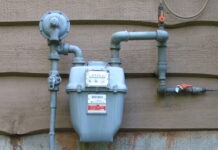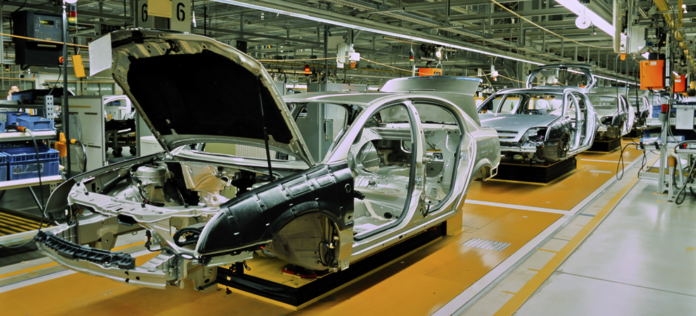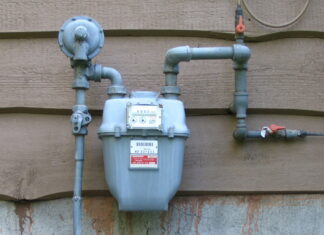ISLAMABAD: A parliamentary committee, which wanted an update on the safety measures in locally manufactured/assembled vehicles, was surprised to know that there was no mechanism of safety and standard for automobile vehicles in the country.
The officials of the Ministry of Industries and Production (MoIP) informed the National Assembly’s Standing Committee on Industries and Production on Monday that it was not its mandate to ensure standard and quality of locally assembled/manufactured cars/vehicles.
“Our attached department, the Engineering Development Board (EDB), is only mandated for the assembly/manufacturing of vehicles under SRO 656(1)/2006 and for the assembly/manufacturing of auto parts under SRO 655(1)/2006. The EDB therefore only verifies the imported CKDs under the said SROs for all types of vehicles,” the officials informed the standing committee, which met with MNA Sajid Hussain Turi in the chair.
MoIP Secretary Afzal Latif informed the committee that presently, there was no mechanism to check the standard of vehicles being manufactured in the country. He maintained that the standard development and enforcement falls under the mandate of Pakistan Standard Quality Control Authority (PSQCA), an attached department of Ministry of Science and Technology.
However, an EDB official informed the committee that cars/vehicles were not included in the mandatory items listed for PSQCA, and that no government organization was currently checking the safety standards.
Committee member Ali Gohar Khan, while criticising the governments for failing to ensure safety and standard of vehicles, said, “Despite charging exorbitant amounts, the people are left with no option but to buy costlier and poor-quality vehicles.”
Unfortunately, he alleged, high ups in relevant ministries have been enjoying the benefits from the auto companies by allowing them to produce what has been manufactured for years without innovations.
Another committee member claimed that “even the 600CC imported vehicles have better interior and safety tools than above 1,000CC vehicles being assembled in the country”.
The industries secretary, while rejecting the impression that the ministry’s officials get any benefits from the local auto firms, said that the MolP/ EDB does not have the mandate to regulate/monitor vehicle quality, standards, road-worthiness and pricing of locally assembled vehicles.
He, however, said the ministry was proposing a separate department with required laboratories and machinery in the next budget.
“Under the New Auto Policy 2016-21, the MoIP is processing Pakistan’s case of becoming a member of the Working Party (WP)-29. Summary for the adoption of WP-29 is approved from the cabinet and accession document has been forwarded to the Ministry of Foreign Affairs for submission to UN Secretariat. The regulation will ensure compliance by local manufacturers of certain regulations under WP-forum,” an EDB official informed the committee, requesting it to facilitate the early signing the WP-29, which is a unique worldwide regulatory forum within the institutional framework of the UNECE Inland Transport Committee.
Talking about the safety and quality of locally assembled cars, a representative from Indus Motor Company informed the committee that dual airbags and other safety features were installed in the vehicles (model) of 2016 and onwards. He claimed that despite the unavailability of law in the country, the company was compliant with all international standards. He also invited the committee members to visit the company and check the safety tools.
Briefing on the availability of airbags and anti-lock braking systems (ABS) in automobile vehicles, the EDB officials claimed that the role of MoIP/EDB was limited to the provision of policy framework, including tariff and non-tariff measures, for the industry. Furthermore, the ministry was involved in processing requests under Automotive Development Policy ADP (2016-2)) with the objective to attract investments under Greenfield and Brownfield categories, he added.
The committee unanimously decided that the next meeting would be convened to discuss the taxation issues of the automobile sector. The committee also decided that the officials of the Federal Board of Revenue, commerce ministry, EDB and PSQCA would also be invited in the said meeting to discuss the quality of vehicles.
























